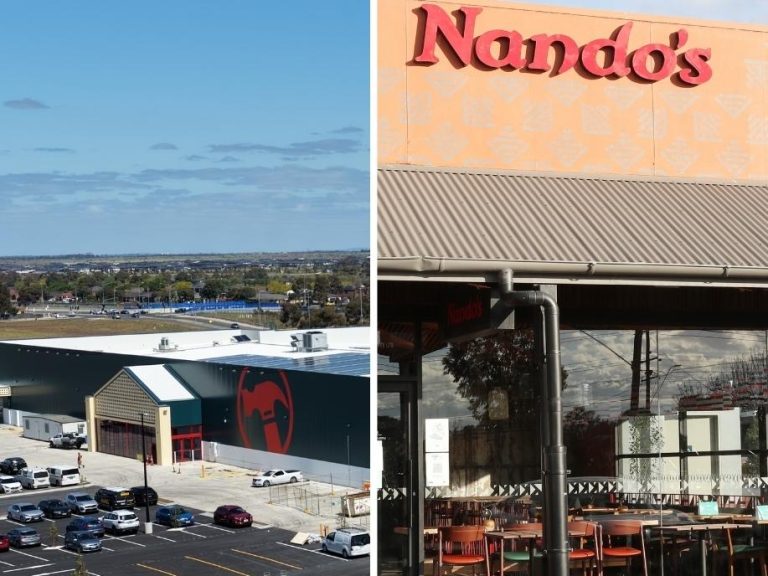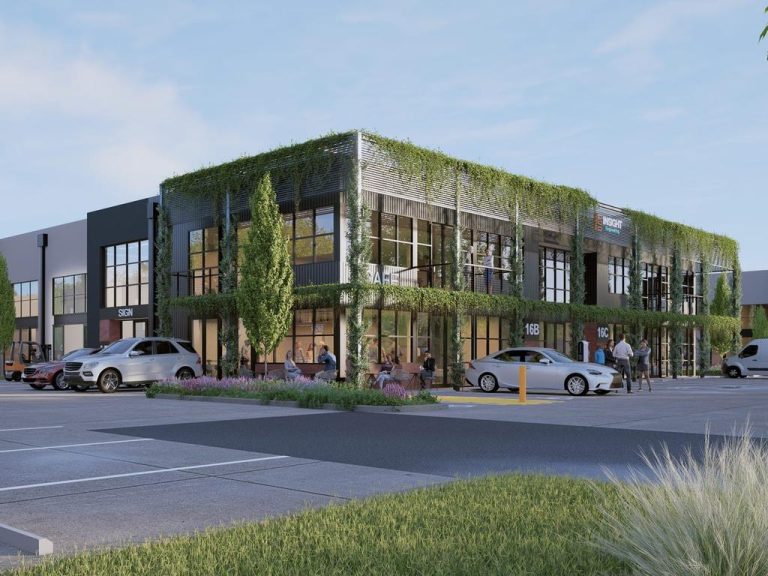Online shopping puts warehouses on easy street

Online shopping deliveries are getting faster and cheaper, which will boost online retail sales and spur demand for small “last-mile” distribution centres, according to Deutsche Bank research.
But the shift to online shopping means retailers are likely to focus on their flagship bricks and mortar stores and have fewer shops overall, the research found.
The figures come after listed mall giant Vicinity this week said it would focus on destination mega-malls and sell off its neighbourhood centres amid a challenging retail environment, where consumers have been cautious and wages growth looks weak.
Commercial Insights: Subscribe to receive the latest news and updates
Almost all of Australia’s top 50 retailers offer home delivery, except for Aldi and H&M, with the vast majority now offering a free delivery service if the customer spends a certain minimum amount, Deutsche analysts Leanne Truong and Lee Power says.
Almost a third of retailers offer same day delivery, compared to only 9 per cent three years ago, with most retailers offering this service using their retail shops as collection points.
“As online retailing and delivery evolves, there will be a shift towards flagship stores, supported by small last mile distribution centres and fewer retail shops,” Deutsche wrote in a research note.
“The online shipping trends are supportive of the industrial property market. In addition, should other international retailers follow Amazon (closing its US platform to Australian consumers as a result of the GST), this should support local retailers and their need for local retail shops or industrial warehouses.”
For retailers, bricks and mortar stores have a 95 per cent cost premium over industrial warehouses, Deutsche says.
The cost to rent a Sydney subregional clothes shop was $201,881 per year for every $10 million in sales, but the cost of a western Sydney distribution centre was only $103,417 for the same amount of sales, the research found.
Deutsche says listed industrial landlord Goodman Group will be the main property trust to benefit from the changes in the online retail sector, given its focus on south Sydney.
Meanwhile, Stockland is planning to increase its industrial exposure and Dexus has potential to take its industrial assets off book through a wholesale unlisted fund, Deutsche says.
This article originally appeared on www.theaustralian.com.au/property.







